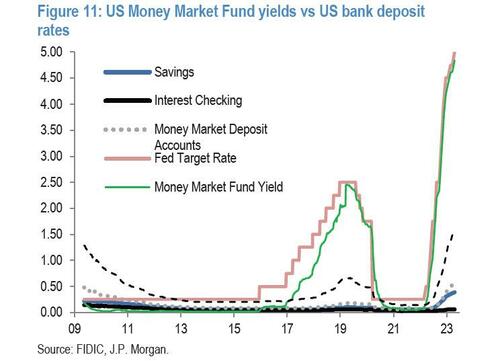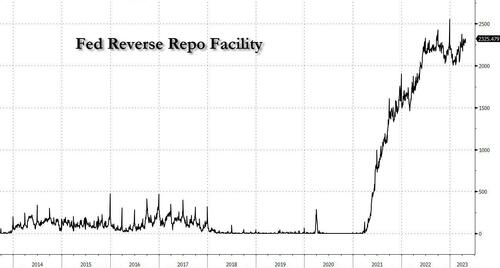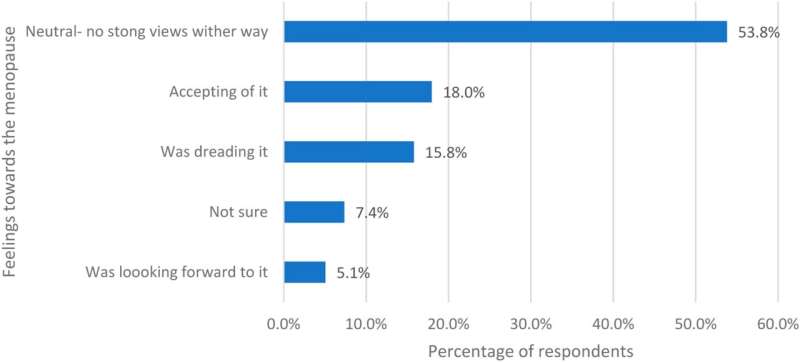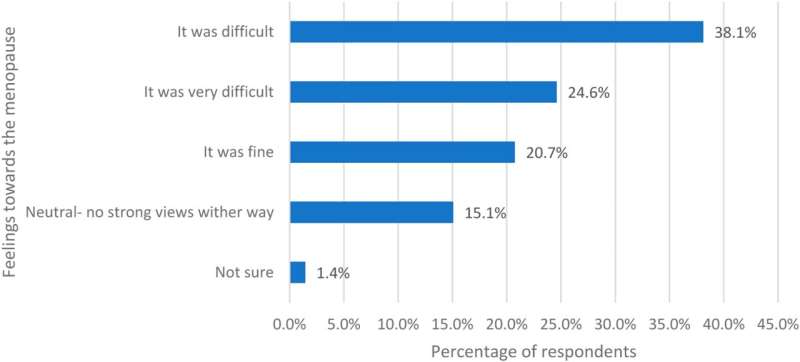by Bryan Jung via The Epoch Times,
Cash payments have made a comeback as households struggle to cope with high inflation, according to a new study.
After decades of falling cash use, the impact of the rapid inflation growth has been reversing the trend toward digital.
Credit Karma and The Harris Poll conducted a survey last month, which showed that 53 percent of adults in the United States and 46 percent in the United Kingdom are more likely to use cash than a year ago, reported Bloomberg.
Individuals preferring cash rose 19 and 4 percentage points, respectively, over those who did not use it more.
Roughly three in five cash users in both countries said using physical money makes them spend less.
The change in preferences towards cash over digital is also a reaction to the growing dominance of the latter, such as Apple Pay to Venmo to tappable credit cards, which some consumers say make it too easy to spend through their budget.
Over two-thirds of the 3,171 survey respondents admit that digital payment methods made them spend more than intended.
Cash Use Rises Among Young
High inflation rates have made people more self-conscious about what they spend daily, especially in the U.K., where price gains remain above 10 percent.
“As the world is getting back to normal after the pandemic and prices are going up significantly, we see cash as being one of the most enduring ways of managing money,” said Courtney Alev, an associate director of product management at Credit Karma.
“It really transcends generations and financial situations.”
The surge in cash use was especially pronounced among younger generations, such as Millennials and Gen Z, the survey found.
Younger consumers facing hard times are following the trend towards “cash-stuffing” by watching TikTok videos, that teach people how to separate their cash into different envelopes to use for different expenses, much like their grandparents or great-grandparents might have done during the Great Depression.
Consumers are also utilizing social media venues like Facebook to avoid businesses that do not accept cash.
Natalie Ceeney, chairwoman of Cash Access UK, told Bloomberg, “a lot of the theory on payments has been to remove friction,” and that “actually, a lot of people want friction back.”
Cash Access’s mission is to promote easier access to cash following legislation to stem its decline.
Ceeney said that studies found a large increase in sales when businesses in personal contact with consumers, such as the sports industry, switch to contactless payments.
“One of the reasons is people are more likely to just tap and buy things without thinking, ‘Gosh, that’s a lot of money.’”
Some fintech companies are trying to assist struggling consumers by introducing features that help with setting limits on everyday spending, reported Bloomberg.
Digital Currency Proposed
The survey findings suggest that the recovery in payments in cash after pandemic lows might not be temporary, as studies by the Federal Reserve and the Bank of England seem to confirm.
The BOE noted in October that it had seen a “sustained, if partial, recovery in cash use” post-pandemic and that banknotes in circulation have risen close to a historic high.
The U.K. bank, Nationwide Building Society, reported in January that more than 30.2 million withdrawals were made from its ATMs last year, a 19 percent jump from 2021, likely due to the rising cost of living.
The British central bank said that the use of paper currency and coins are especially useful for lower-income households that are struggling to deal with inflated costs, ranging from food to rent payments.
Meanwhile, central banks worldwide, including the BOE, are pushing ahead with plans to introduce digital versions of their currencies, which is a very unpopular move among the public.
Privacy advocates worry about a loss of privacy and the potential for government surveillance if digital currencies become mandatory.
The Fed itself published a paper outlining the benefits of a digital dollar, but officials say there will be no “Fedcoin” without any action by Congress.
The continuous rise in cash use may depend on how the central banks will manage to tame stubbornly high inflation rates in the coming months.
https://www.zerohedge.com/personal-finance/cash-use-rises-households-struggle-cope-high-inflation








